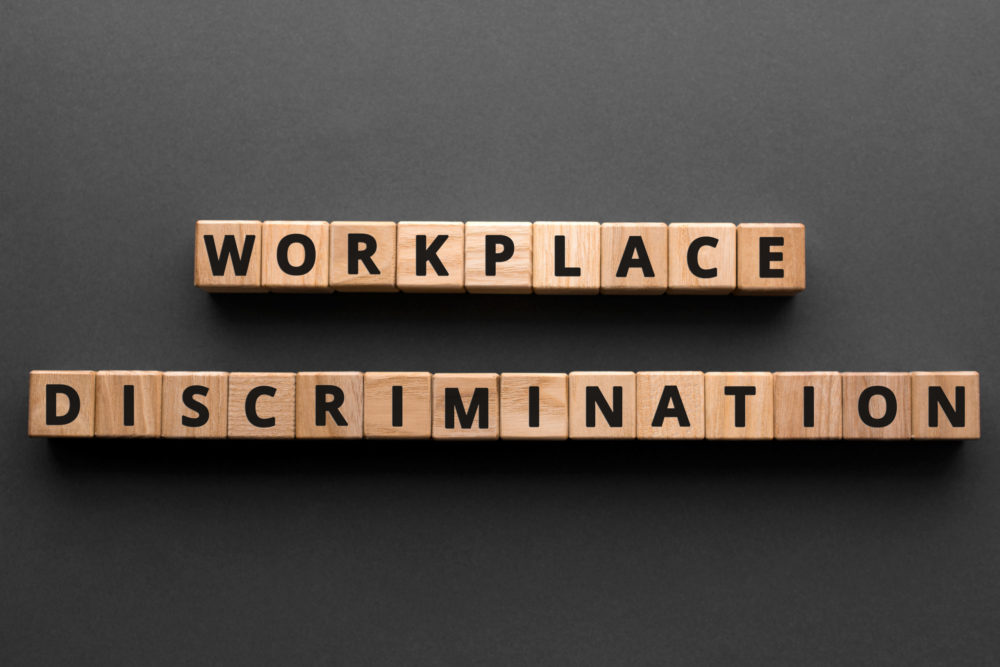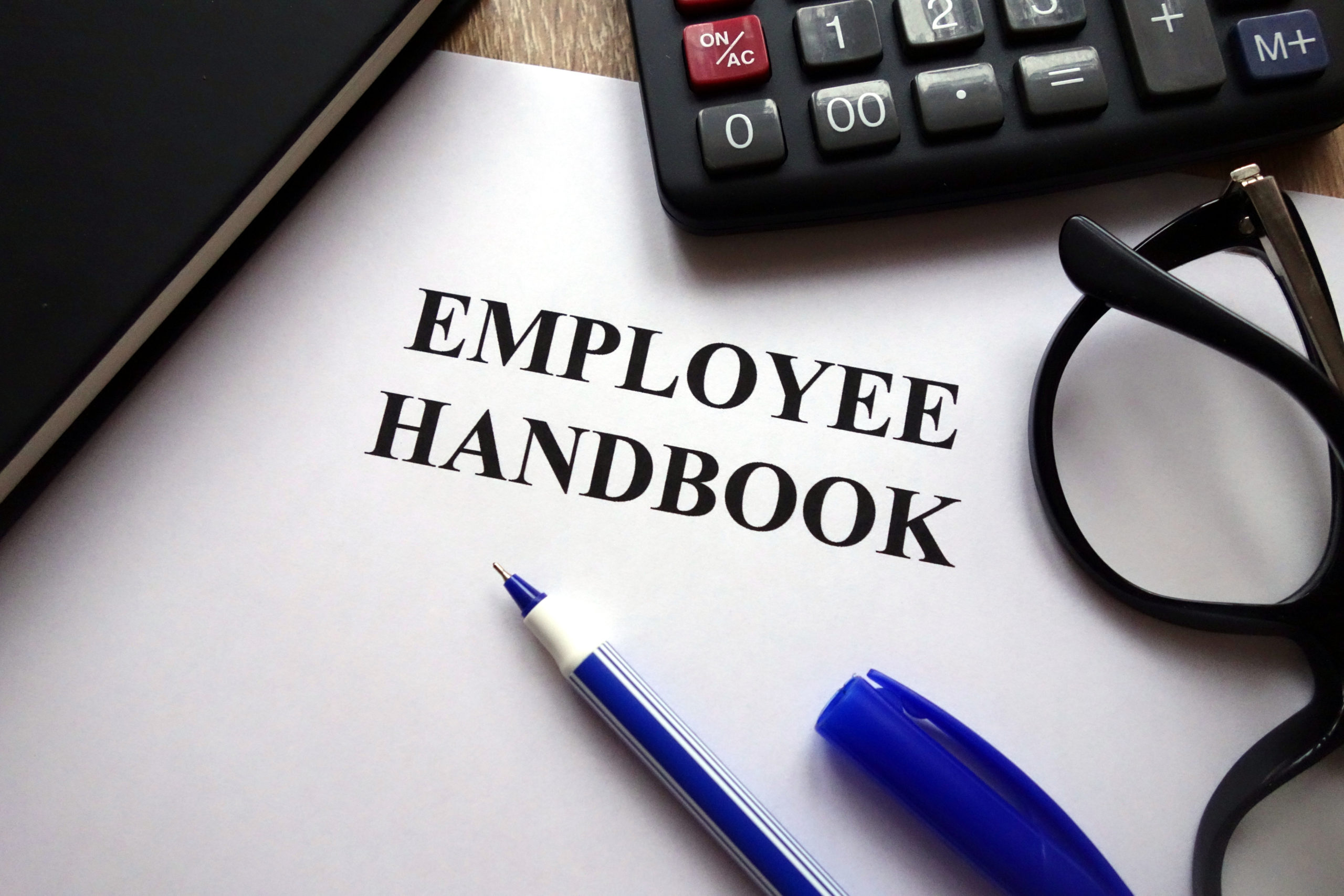In the meditative world of deep contemplation, sage purveyors of wisdom come up with absolute truths that ring true for centuries. You do not have to be a sage purveyor of wisdom to understand one fact of life when it comes to filing a disability discrimination claim.
Although workers are not required to hire an attorney to file a disability discrimination claim, it is the most effective way to build the strongest legal case.
A California employment discrimination lawyer not only becomes your sage purveyor of wisdom, but your attorney also knows how to navigate the claim process.
Filing a Claim Starts with a Government Agency
When a worker wants to sue an employer, the worker must first submit a complaint to the appropriate state government agency. Employees that want to file a claim cannot file a civil lawsuit until a government agency reviews a complaint of disability discrimination in the workplace. The process is called exhausting an employee’s administrative remedies.
For workers in California, filing a disability discrimination claim goes through the Department of Fair Employment and Housing (DFEH). If you want to file a complaint at the federal level, you have to submit a complaint to the Equal Employment Opportunity Commission (EEOC). Filing a complaint with the California DFEH automatically sends your information to the EEOC.
The Clock is Ticking
Workers that want to file a claim for disability discrimination in California have to follow the statute of limitations. If you have gone through the administrative process and the DFEH has issued a right to sue letter, then you have one year to file a lawsuit in a civil court against your employer for discriminating against you because of a disability.

The one-year deadline is set on the day when you receive the right to sue letter from the DFEH.
What is the Burden of Proof?
As the plaintiff in a civil lawsuit, it is up to the employee filing a disability discrimination claim to meet the burden of proof standard established by state law. This means lack of evidence can end a civil lawsuit. The plaintiff’s initial burden of proof in a disability discrimination case is to establish what is known as a prima facie case of disability discrimination. Prima facie means the employee making the allegations of disability discrimination presents evidence that proves each fact that is essential to winning a claim.
Here are the facts the plaintiff must establish:
- The employee suffers from a disability
- The employee performed the essential functions of a job with the support of reasonable accommodation
- The employer neglected to provide a reasonable accommodation
Proving the essential facts of a disability discrimination case relies on the legal principle called “preponderance of the evidence.” A “preponderance of evidence” exists when the evidence more likely than not is considered factual. Notice the burden of proof for a civil case is not as legally demanding as the burden of proof in a criminal case, which is called “beyond a reasonable doubt.”
Reasonable Accommodation Claim
A worker who claims the employer did not provide reasonable accommodations to mitigate the worker’s disability files what is referred to as a reasonable accommodation claim. For this type of claim, the worker must demonstrate he or she could perform the essential functions of the job.
Here are the hurdles a plaintiff has to clear to win a reasonable accommodation claim:
- Prove the employer thinks the job is essential
- Present a written job description that emphasizes the importance of the job
- Amount of time employee spent performing the functions of the job
- Serious consequences for the business if the employee does not complete the job functions
- A collective bargaining agreement that indicates the job is essential
- Performance reviews show the job is essential
The Importance of Hiring a California Employment Discrimination Attorney
Employment law can be complex, especially when it comes to cases involving discrimination in the workplace. Working with a California employment lawyer can benefit you in several ways.
- Collect and organize evidence
- Present persuasive arguments to the DFEH and EEOC
- Sift through all the information to find the most convincing facts
- Maximize the monetary damages awarded to the plaintiff
- Get the plaintiff more legal remedies in addition to monetary damages
Your employment lawyer also can remind you about important filing deadlines, as well as try to negotiate a settlement with your employer. A negotiated settlement avoids the time-consuming nature of a drawn-out civil lawsuit.





